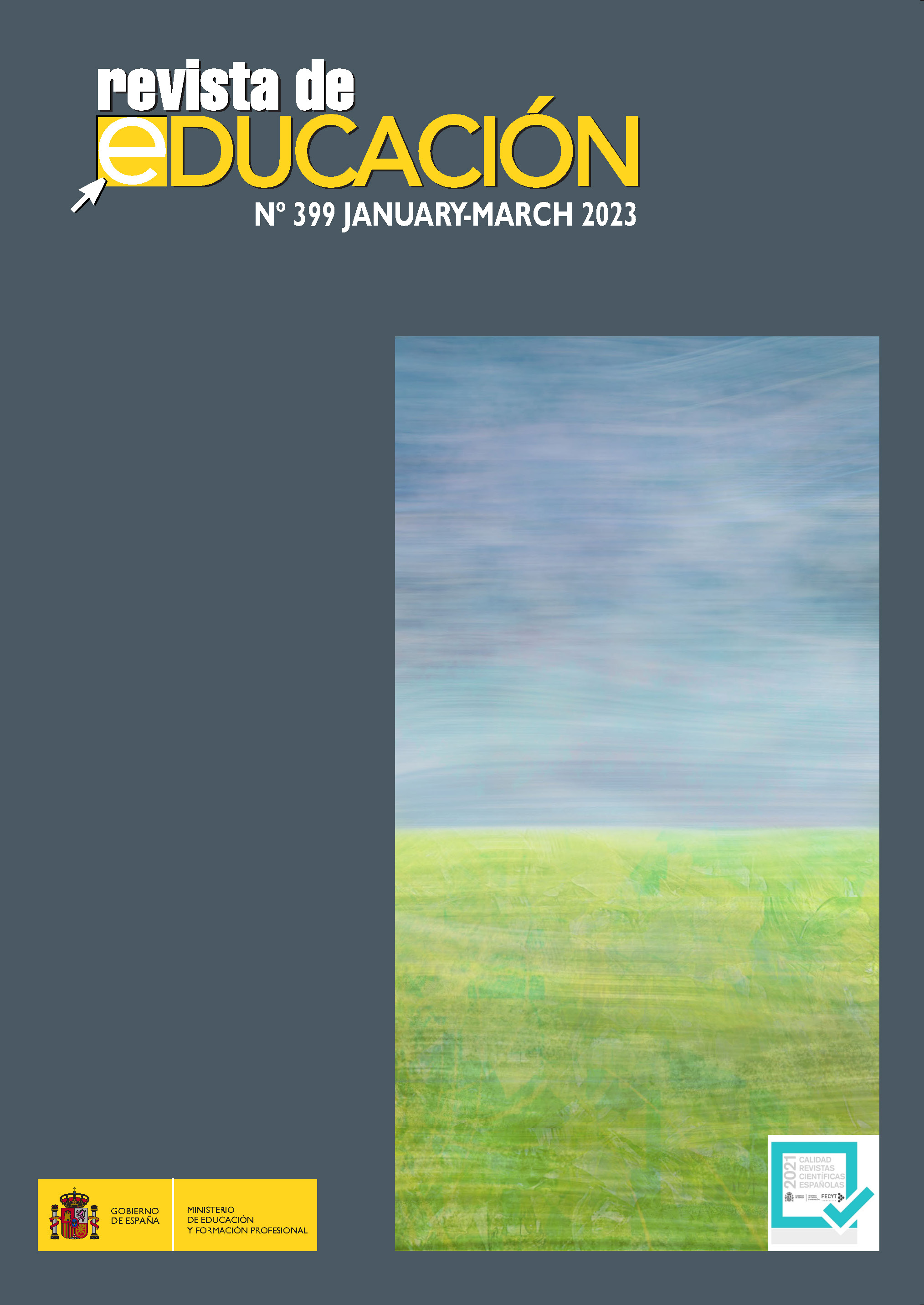Sexual orientation, self-esteem, and academic achievement during adolescence
Main Article Content
Abstract
Despite the social changes of recent years, the evidence shows that belonging to a sexual orientation minority group is associated with inequality, discrimination and stigma that place people in a vulnerable situation. This psychosocial vulnerability can have a particular negative impact on adolescents. Specifically, scientific evidence has shown a clear relationship between non-heterosexual orientation and the presence of mental health difficulties. Linked to this is the fact that some studies have also showed the impact of belonging to a sexual minority group on academic performance. However, there is still a paucity of research on this area, especially during the adolescence stage, where the academic development is crucial. The aim of the present study was to examine, in a representative sample of adolescents, whether belonging to a minority sexual orientation group (homosexual, bisexual, or questioning) was associated with poorer academic performance. In addition, due to the importance of self-esteem on academic performance, it was intended to analyze whether an adequate level of self-esteem could moderate the relationship between both variables. The study was conducted with a sample of 1,777 adolescents (M= 15.70 years; SD = 1.26) selected by stratified random cluster sampling. Sexual orientation was assessed through experienced attraction to other people. The average score of the previous school year and the number of failed subjects in the previous semester were used as indicators of academic performance. The results showed no significant main effect of sexual orientation or its interaction with self-esteem on the indicators used of academic performance. These results contrast with those obtained in previous studies and indicate that belonging to sexual minorities by sexual orientation is not associated with academic difficulties.
Keywords: sexual orientation, academic achievement, self-esteem, adolescence, educational context

